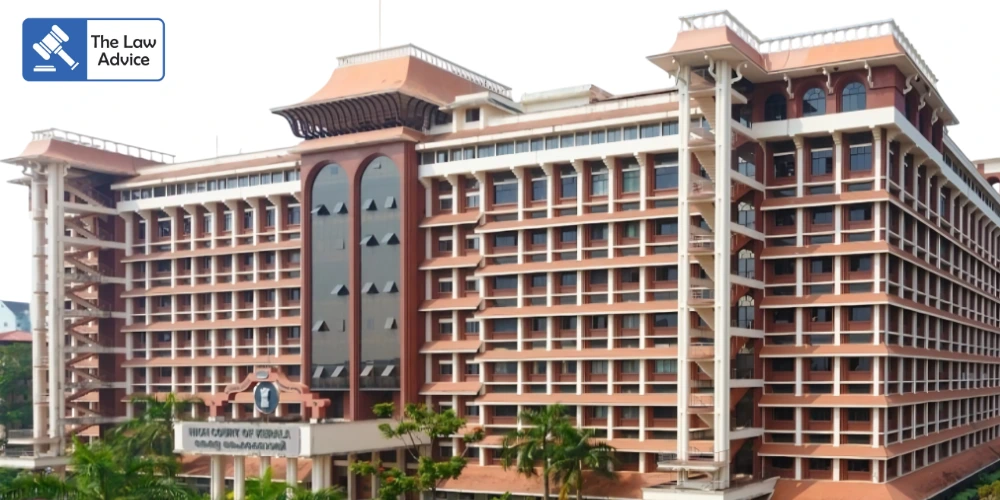The Kerala High Court has held that making absolute an interim bail order granted on the ground of illegal arrest would create serious procedural hurdles for the investigating agency and render subsequent lawful arrest impossible. The Court clarified that such orders are legally unsustainable and have no legal effect.
Justice A. Badharudeen, while hearing a bail plea in Praveen Raj v. State of Kerala [Bail Appl. No. 9746 of 2025], explained that once an arrest is found illegal, the accused must be relegated to the pre-arrest stage. At that point, if interim bail is converted into absolute bail, it effectively sets the accused free, complicating any future arrest.
The bail applicant, Praveen Raj, is the second accused in a case registered by the Vigilance and Anti-Corruption Bureau (VACB).
While working as an Industries Extension Officer tasked with granting loan subsidies to BPL women, he allegedly:
• abused his official position,
• committed criminal misappropriation and breach of trust,
• used forged documents as genuine, and
• sanctioned subsidies to ineligible beneficiaries.
Along with the first accused, he is alleged to have misappropriated around ₹1.14 crore.
Both accused were arrested. However, the Special Judge found the arrest illegal as it was not in accordance with procedure established by law and ordered their release on interim bail. The following day, the Judge made the interim bail absolute.
The Court noted that once the arrest was declared illegal, the accused automatically stood released from both police and judicial custody, and hence there was no need for bail bonds or continuation of interim bail.
Quoting its order, the High Court observed:
“When it is found that the arrest was illegal, the accused is free from custody of the police as well as the Court, and the question of execution of bail bond doesn’t arise. By making the interim bail absolute, the learned Special Judge held that the accused were set free, which was legally wrong.”
The Court explained that the Special Judge’s approach created another illegality: once interim bail is made absolute, the accused is deemed to be on bail, making it impossible for the investigating agency to arrest him again without bail cancellation. This, it said, was inconsistent with the principle that an illegal arrest should simply restore the accused to pre-arrest liberty.
Relying on Babu M. v. State of Kerala, the Court reiterated that an order declaring arrest illegal does not bar the investigating agency from effecting a subsequent lawful arrest.
The High Court also relied on the Supreme Court decision in Devinder Kumar Bansal v. State of Punjab, which held that anticipatory bail should be granted only in exceptional circumstances, such as false implication, political vendetta, or manifestly frivolous allegations.
In the present case, the Court found no such exceptional grounds. It held that the prosecution’s case was neither politically motivated nor frivolous, and therefore anticipatory bail could not be granted.
The Court dismissed the anticipatory bail plea and directed the applicant to surrender before the investigating officer and cooperate with the probe. In case of default, the investigating officer has been authorized to take necessary steps in accordance with law.
Case Title: Praveen Raj v. State of Kerala
Case No.: Bail Appl. No. 9746 of 2025
